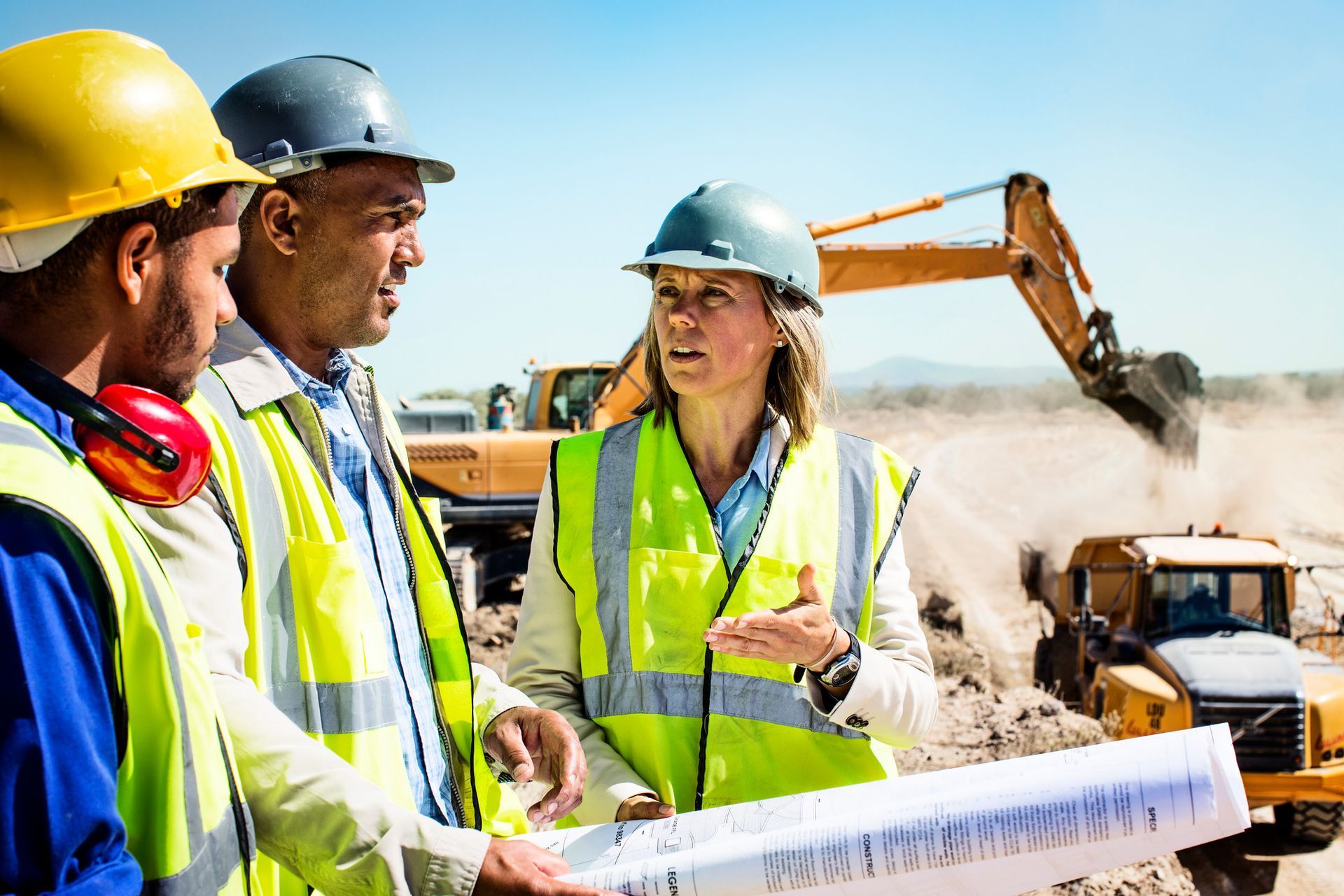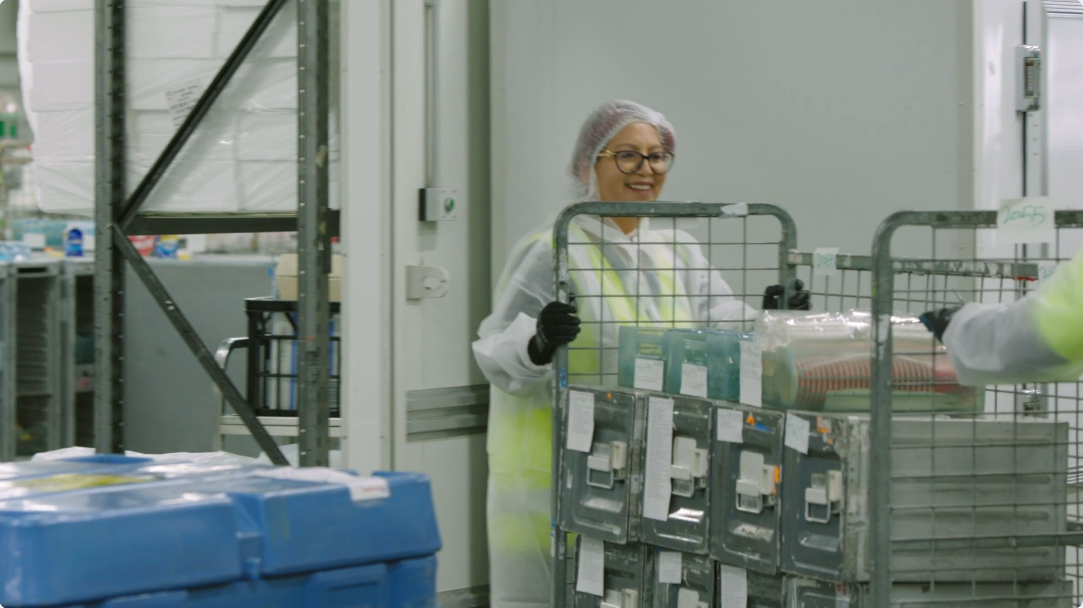As a business leader, you understand the importance of operating sustainably for the productivity and longevity of the business. But measuring sustainability goals effectively can be complicated, leaving many senior leaders feeling overwhelmed. With the right approach and communication tools in place, your business can be well-positioned to efficiently and effectively measure progress on sustainability initiatives, while also being able to communicate their significance both internally and externally. Fortunately, it doesn’t have to be that difficult and there are simple steps that leaders like you can take today to become better stewards of the company's environmental goals and futures. Let’s look at those steps and strategies for how to communicate your success stories as they happen.
Identify your company’s sustainability goals and objectives
Identifying the sustainability goals and objectives of the business is an essential first step towards quantifying and communicating your company's sustainability efforts. It enables you to define what sustainability means to your organisation and set achievable targets that align with the greater business goals. These targets can then be measured, tracked, and reported, providing a tangible way for your business to demonstrate its progress.
Identifying your company’s sustainability goals and objectives requires a thoughtful approach that takes into account the industry in which you operate, resources availability, and the stakeholders involved. This can be a challenging and ongoing process to define but is becoming increasingly important for businesses wishing to do their part to reduce their carbon footprint as we move towards a more environmentally conscious society.
Establish a baseline of resources used to determine improvement areas
A baseline is important to establish a starting point from which to measure progress. It is also important for improvement areas. The baseline serves as a comparative point of reference, enabling your business to identify areas in which resource consumption can be reduced or processed can be instigated to enhance efficiency. This data then helps to highlight the impact of your sustainability efforts, providing evidence of progress and improvement. Establishing a baseline of the resources used by the business also helps you to set realistic and achievable goals for further reductions in resource usage. Ultimately, having a clear understanding of your current resources and energy use is essential to creating an effective and impactful sustainability strategy.
Choose the right metrics to measure success in achieving sustainability targets
Choosing the right metrics to measure progress can be a challenge, however it is critical for aspect of your company’s sustainability strategy. The correct metrics facilitate accurate tracking of progress and provide a clear, quantifiable measure of your sustainability efforts. It Is important to select metrics that align with the business’ sustainability goals and objectives, as well as considering external factors such as industry standards and regulations. These metrics then provide a standardised language that aids in effectively communicating your sustainability initiatives to employees, investors, customers, and other stakeholders. Monitoring and reporting these metrics can enhance the credibility of your company, foster trust within your community, and amplify your sustainability efforts.
Invest in technology solutions that provide accurate data measurement and analysis
Investing in technology solutions that provide accurate data measurement and analysis is essential for communicating your company's environmental efforts effectively. High-quality, accurate data is the backbone of your sustainable initiatives, enabling you to track and communicate your progress with integrity. Sophisticated technology enhances the data credibility of your initiatives and proves your business with the tools to quickly identify trends, track improvements, and evaluate the effectiveness of your strategies. With the right tools in place, your company will be able to make informed business decisions, anticipate industry changes and monitor your progress with ease.
Utilise communication channels to effectively communicate your company’s sustainability progress
To showcase the progress and success of your business, it’s important to utilise effective communication channels. Transparent communication allows both internal and external stakeholders to understand the company’s commitment to sustainability, the actions that have been undertaken and the progress that has been made. It is ideal to leverage several communication platforms including company websites, social media, reports, and newsletters, to ensure you reach a wider audience. By keeping your audience informed consistently, you are able to build your company’s credibility in its commitment to sustainable business practices. To maximise the impact of your sustainability efforts it is vital to strategically communicate achievements and progress in a way that both educates and informs your audience and can also act as a tool for engagement.
Establishing and maintaining sustainability goals requires an ongoing effort from the business leaders of any company. Taking actionable steps such as clearly identifying the organisation's sustainability objectives, establishing a baseline reporting, investing in tech driven solutions to accurately measure data and report on metrics, and utilising communication channels are all vital considerations for any business hoping to establish and measure the success of any sustainability outcomes. With commitment and dedication driven by leadership your business can create long-lasting positive effects that will benefit the community and the bottom line of the business. Recognising sustainability as an ongoing journey and not just an item on the to do list can help yield rewards and future proof your business.













